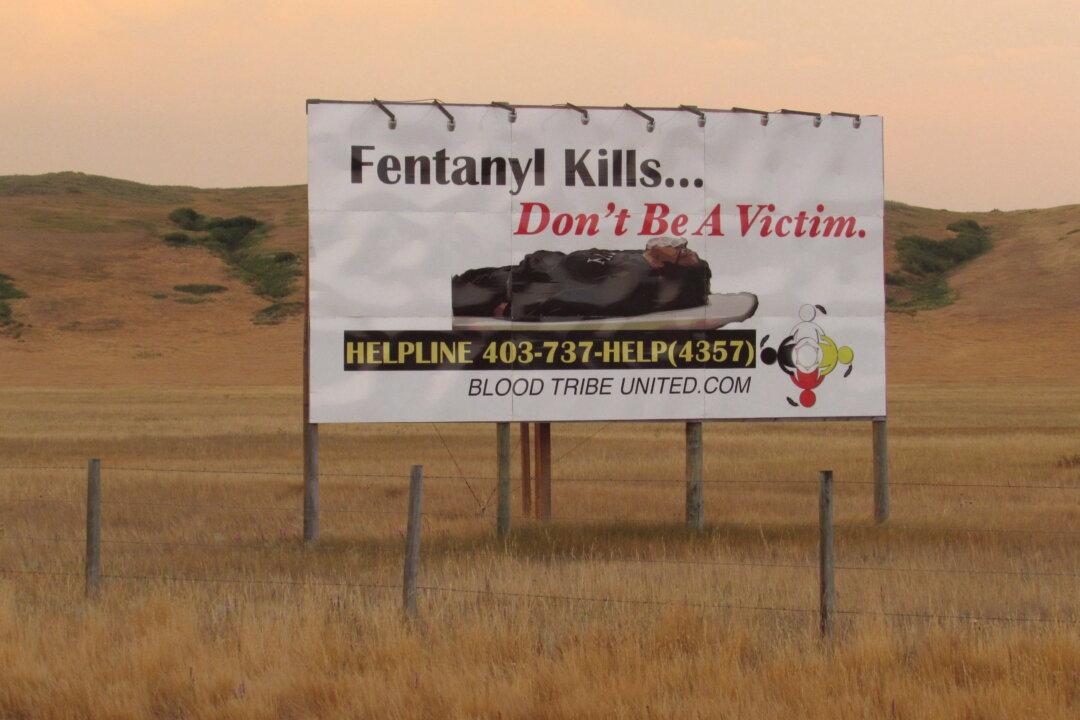A private member’s bill introduced in the Senate that seeks to decriminalize hard drugs on the grounds that substance use disorder is a public health issue rather than a criminal justice issue is taking the wrong approach, says a retired physician with extensive experience treating drug users.
“Taking drugs is not fundamentally a medical problem. It has medical consequences but is not in itself a medical problem, so to treat it as if it were a health problem and far from anything else is false,” said Anthony Daniels, who for 15 years worked to help drug users in Birmingham, England, both inside and outside of prison.





